Everything on model trains, model railroads, model railways, locomotives, model train layouts, scenery, wiring, DCC and more. Enjoy the world's best hobby... model railroading!
Track Connector Corrosion
Wayne sent in this question:
“I recently retired and I got out my trains after about 4 years boxed up. I notice a control box has some corrosion as do the track connectors. Can I safely clean them…how…or should I replace them”

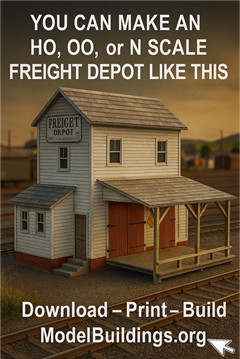
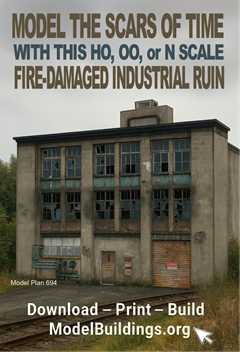
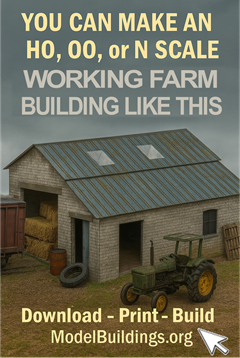
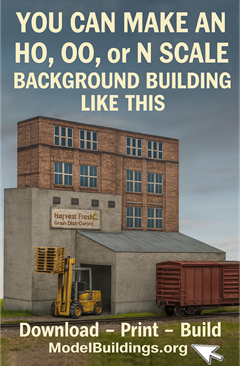
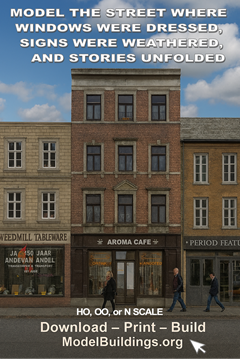




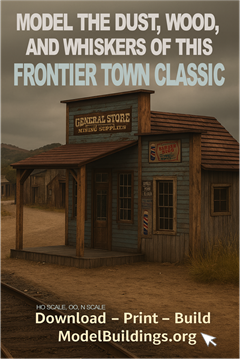


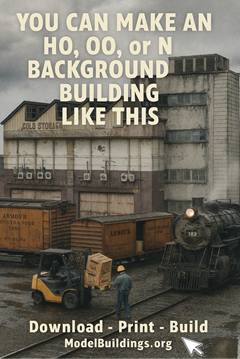
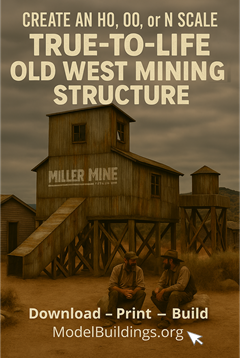
Oh, now I see what Gerrard was asking. I give you a slightly different idea. Yes, it can be cleaned. If you want to – to save it like me being frugal. If you don’t want the work, junk it. But it can be cleaned. I’d suggest you start with alcohol and work with cleaners. Do not grind or sand. Sanding might get the gunk off, but then you have scratches. And scratches are worse than you can imagine. So a solvent type of cleaning is preferred. Hope this helps.
Just replace them, they are not that expensive then when you put your track together with new connectors, solder the connectors for more reliable electrical continuity.
I would replace them. Many decades ago I lived in the midwest (high humidity). I used Atlas products which after 2-3 years just quit working. Corrosion was found on the contact plates.
I’d read that vinegar was good to remove corrosion. So I put some of my rusty track in a bucket of vinegar but left it too long. The metal chairs that hold the rail disintegrated, as did the rail joiners!! So I stopped using vinegar. As said, sanding leaves scratches…even with very fine sandpaper.
Scrape off corrosion with a small screwdriver, or cleaning can be done with abrasives or wire brushes, (use brass brushes to be gentle).
I use small rotary wire brushes in a 12V drill, this works quickly and effectively.
Scratches are inevitable I don’t see any problem with having a few small scratches on a surface.
Morgan, solvent removes oil and grease, but apart from mechanical means, you would need (mild) acid to remove corrosion.
Phil, after cleaning, polish the mating surfaces with oil to prevent further corrosion.
Ian, you made a battery ! Two different metals in acid makes a battery, and having the metals in contact makes a short circuit, so you had very rapid electrochemical decomposition !